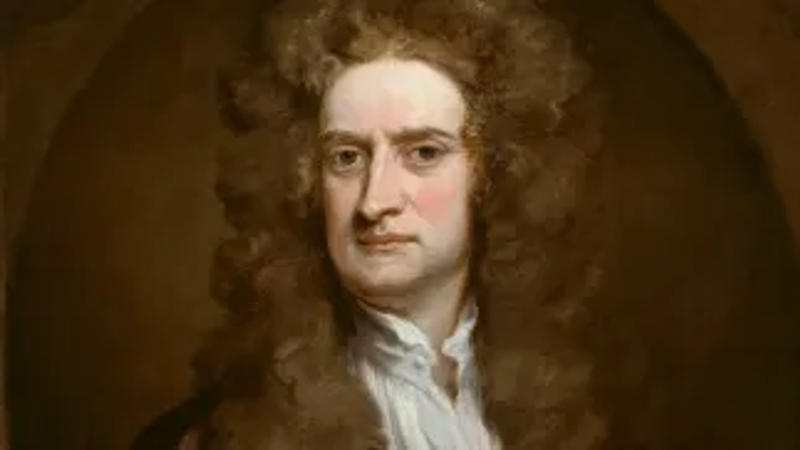Published 23:46 IST, January 3rd 2024
Isaac Newton birthday: Celebrating the legacy of the scientific genius
Explore the life and achievements of Sir Isaac Newton on his birthday. Discover key insights into the father of modern physics and mathematics

Isaac Newton Birthday: Celebrating the Legacy of the Scientific Genius | Image:
X: @thelong_game
- Listen to this article
- 3 min read
Advertisement
23:46 IST, January 3rd 2024
